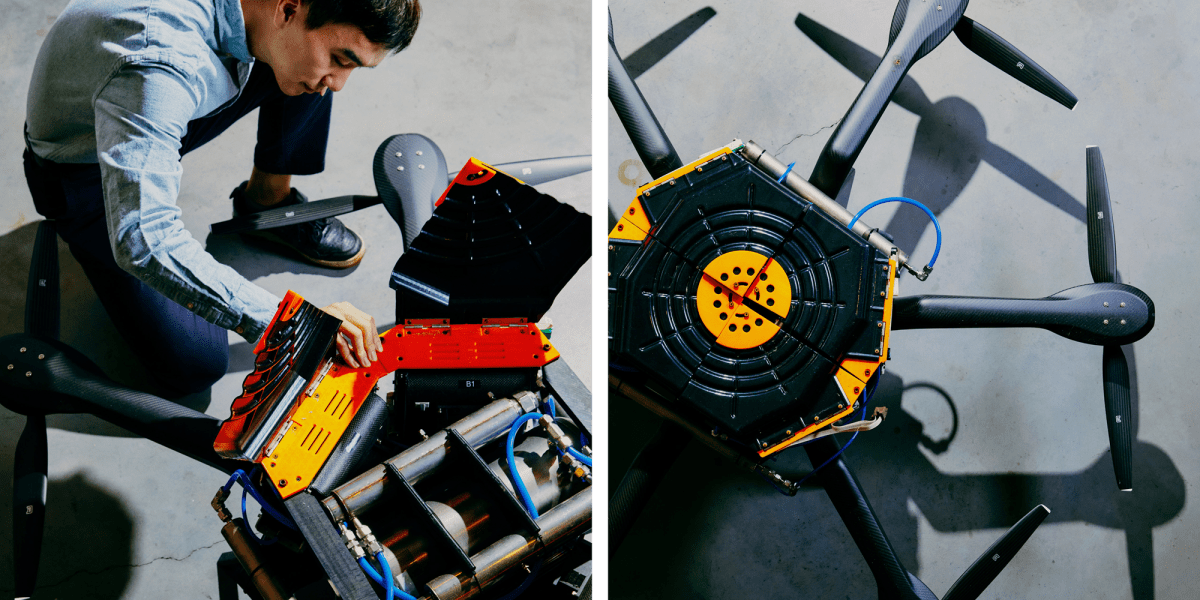Meet the climate innovators of tomorrow

→ For example, I’m interested in the efforts to use recycled materials, including recycled cobalt, in batteries. (MIT Technology Review)
Thermal battery startup Antora just flipped on its first commercial-scale system. The company’s technology could help power industrial plants that require high heat and constant power. (Bloomberg)
→ Here’s why thermal batteries are the hottest (get it?) new climate technology. (MIT Technology Review)
Even for a high-ranking government official, EV road trips still present some challenges. On a trip this summer, the US secretary of energy and her entourage ran into problems when multiple EVs tried to stop at a fast-charging station outside Augusta, Georgia. (NPR)
Should cow poop make hydrogen clean? The fight over a new hydrogen tax credit is raging on, with new concerns surfacing that shoddy accounting will make the credit worthless in cutting emissions if “renewable natural gas” projects are included. (Canary Media)
If the world were getting graded on climate change progress, we probably wouldn’t be passing. The UN released a climate “report card,” and while there’s been some action, things need to speed up soon to meet international climate goals. (The Verge)
There’s lots of big news in steel this week. H2 Green Steel raised $1.6 billion in equity to help build its planned green steel plant in Sweden. (Canary Media) And Boston Metal, a startup working to electrify production of one of the world’s most used and most polluting materials, raised a $262 million funding round. (Bloomberg)
New research could help cut down on contrails (the condensation trails that form behind planes as they fly), which make up a significant chunk of aviation’s climate impacts. The key is avoiding certain parts of the atmosphere where long-lasting clouds form. (Quartz)
Batteries on the grid could help smooth out the electricity supply from wind and solar, and also provide backup in the case of blackouts. But some people are understandably nervous about the potential fire safety issues that large battery installations could present. (Wired)




